What is exosome therapy?
Exosome therapy utilizes nano-sized particles called exosomes, which carry proteins, lipids, and RNA to facilitate intercellular communication. These exosomes can promote tissue regeneration and modulate immune responses.
Where do your exosomes come from?
Our exosomes are derived from Wharton’s Jelly, sourced from healthy, full-term C-section births.
How long does it take to see results from exosome therapy?
The timeframe for observing results can vary depending on the individual and the condition being treated. Some patients may notice improvements within a few weeks, while others might require multiple sessions over several months to achieve desired outcomes.
Do your exosomes contain genetic material?
No, our exosomes do not contain any genetic material or stem cells.
Are there any side effects associated with exosome therapy?
Most patients experience mild, short-term reactions, including redness and swelling at the injection site, mild tenderness or soreness, and temporary itching as the area heals. These reactions are normal and indicate that the body is responding to the treatment.
How do your exosomes compare to competitors?
Our exosomes are highly concentrated, ensuring a consistent and potent product.
How are exosomes shipped?
Our exosomes are shipped in dry ice via FedEx with next-day delivery available.
What conditions can exosome therapy potentially help with?
Exosome therapy is a minimally invasive regenerative medicine procedure that can help with many conditions, particularly those affecting the joints and soft tissue.
What should I look for when choosing exosomes?
- EFFICACY: Mesenchymal stem cells (MSC) with less than three generation production are the most effective. Imported lyophilized (freeze dried), plant or animal-based exosomes are NOT absorbed by the human body.
- 351(A) DRUG DESIGNATION VS 361 BIOLOGIC: Exosomes should have a 351(a) designation. An exosome which has a 351(a) drug designation means that the drug, in this case exosomes, have been registered with the FDA and are required to undergo a much more rigorous production process, allowing for injection or IV use.
- COA PROVIDED: The company should provide a Certificate of Analysis (COA). This should be provided by a known independent third-party testing company that tests for infectious agents, sterility, and safety. As well as certifying the amount of exosomes in each milliliter using the immune marker “CD81”.
- FDA MASTERFILE: Does the company have a FDA Masterfile? A FDA Masterfile indicates that the company has complied with the FDA regulatory policies surrounding exosomes and has submitted all of the data and testing information to the FDA for researchers and providers to reference.
- RESEARCH: Is the exosome company engaging in research that will be submitted to the FDA?
What are exosomes and how do they work?
Derived from Mesenchymal Stem Cells (MSCs), exosomes are tiny nanovesicles that play a crucial role in cell-to-cell communication, potentially influencing the body’s response to inflammation, injury, and healing. Notably, they are free from cellular DNA, lack replication capability or metabolic activity, and undergo rigorous testing to ensure compliance with safety and purity standards. Harnessing the power of 100 billion MSC exosomes, along with growth factors, peptides, coenzymes, amino acids, and minerals, SPORT may promote tissue repair, inflammation reduction and improved immune response. This may lead to a faster return to training and competition for injured athletes.
Is exosome therapy safe?
Exosome products used by clinics are produced in FDA-registered, GMP-compliant laboratories and are rigorously screened beyond FDA requirements for contaminants and viruses. The safety of exosomes used in the treatment of various conditions has been documented.
How are your exosomes processed?
We use advanced filtration techniques to ensure a high-quality, pure exosome product.
How is exosome therapy administered?
The specific administration method should be determined by a qualified healthcare provider.
Are your exosomes FDA-approved?
Currently, no exosome products are FDA-approved. However, we follow strict regulatory guidelines and have submitted an FDA Masterfile.
How should exosomes be stored?
They should be stored at -80°C for up to six months or at -20°C for up to 14 days.
Can exosomes be thawed and refrozen?
It is not recommended, but studies suggest they can be thawed and refrozen up to three times without significant degradation.
How does exosome therapy differ from stem cell therapy?
While both therapies aim to promote healing and regeneration, exosome therapy uses the signaling particles (exosomes) released by stem cells, rather than the stem cells themselves. This approach reduces the risk of immune rejection and other complications associated with stem cell therapy.
Is exosome therapy covered by insurance?
Currently, exosome therapy is considered experimental and is not typically covered by insurance. Patients should consult with their insurance providers and healthcare practitioners to understand potential costs and payment options.
Is exosomes better than stem cells?
Unlike stem cells, exosomes do not carry live DNA. Remarkably, a significant portion of the therapeutic benefits attributed to stem cells actually stem from the actions of the exosomes they release. This feature sets exosomes apart as a superior choice, offering a safe and highly effective approach to tissue repair and rejuvenation.
Find the Right Solution For You
Get in touch
We will be in touch shortly
We’d love to hear from you! Whether you have questions, or feedback, or need assistance, our team is here to help. Reach out, and we’ll get back to you promptly.
Mailing Address
PO Box 26048 Scottsdale AZ 85255
Call us
602-480-0486
